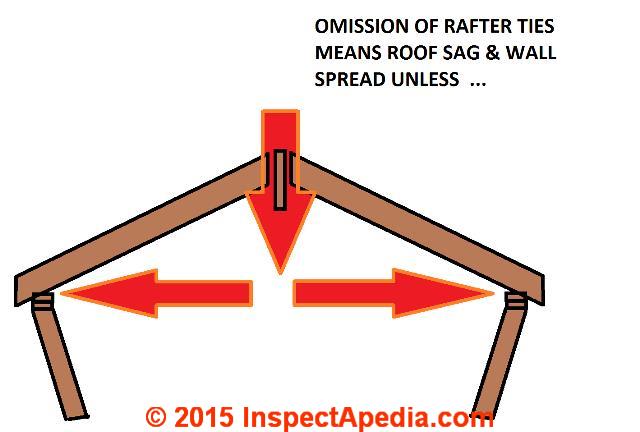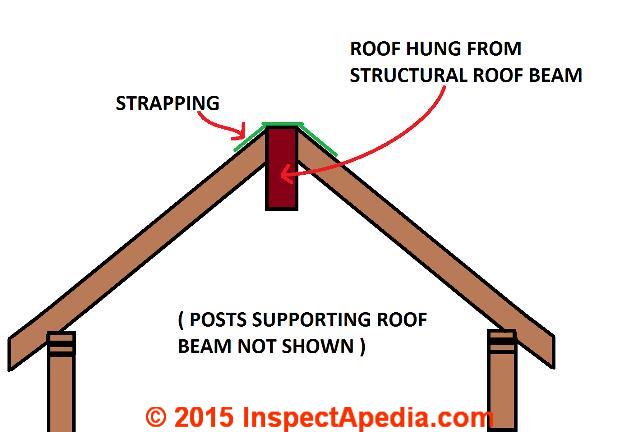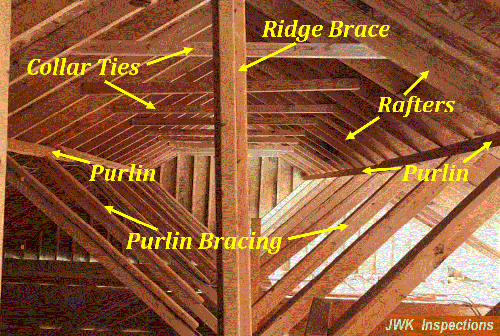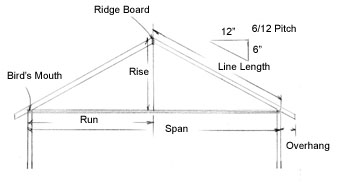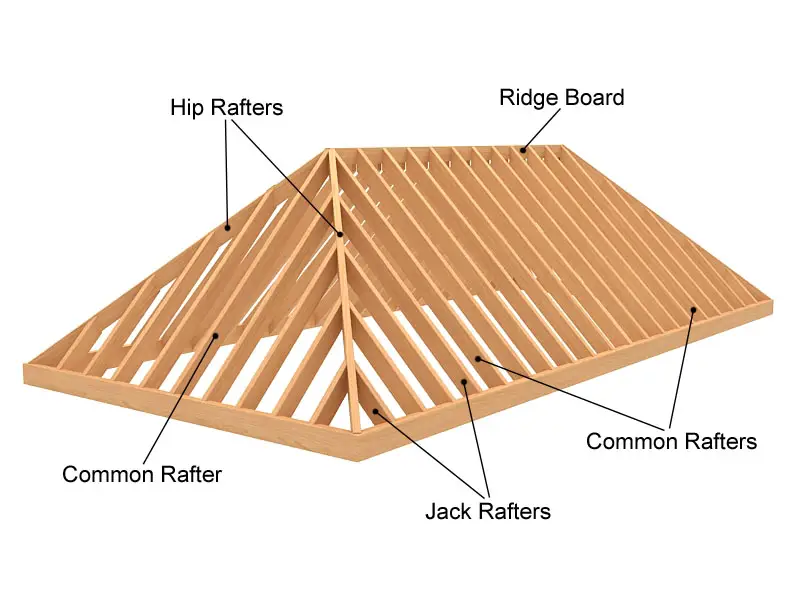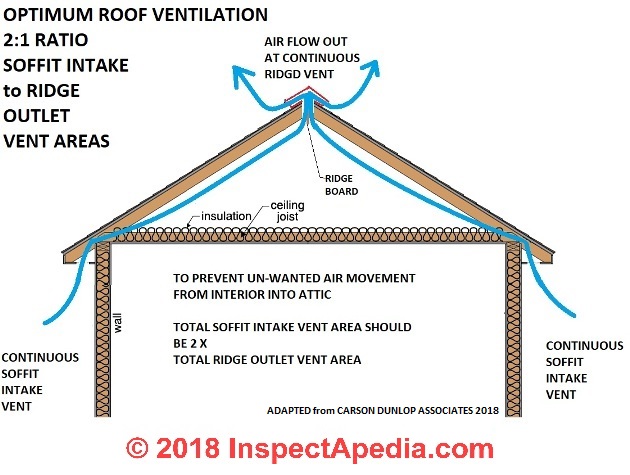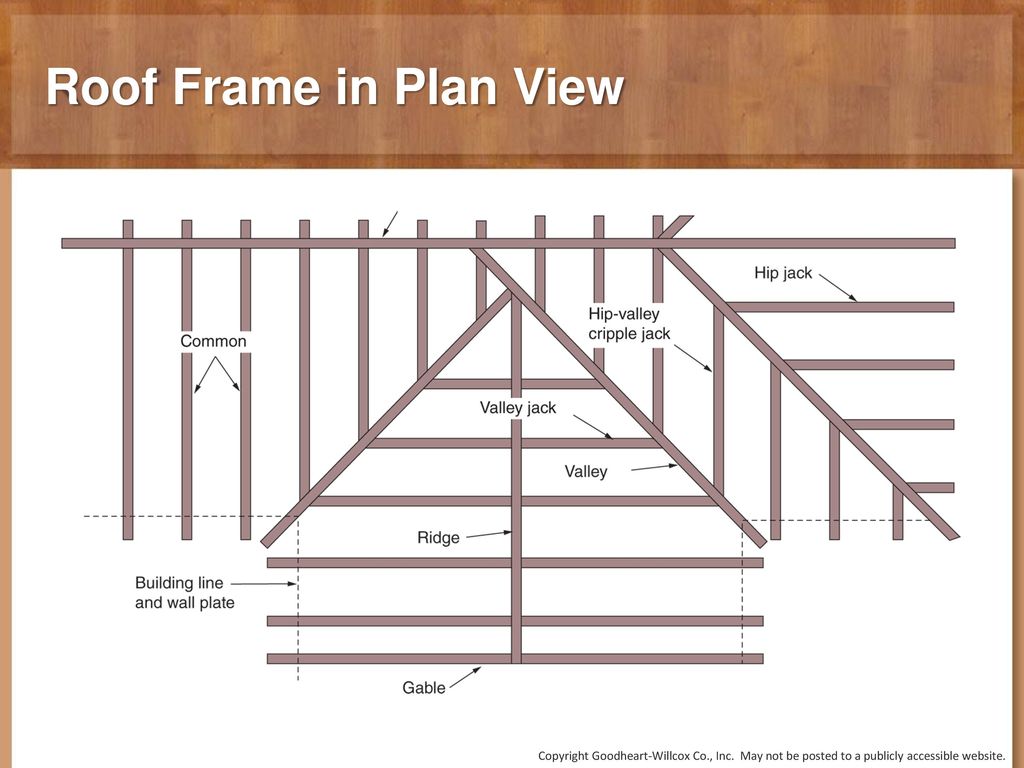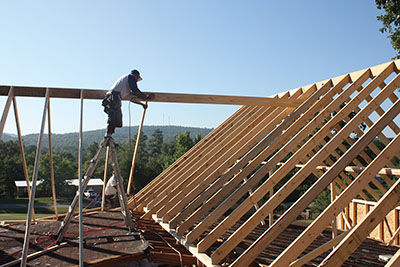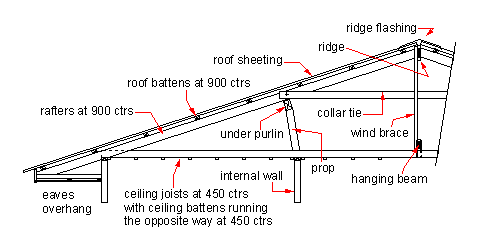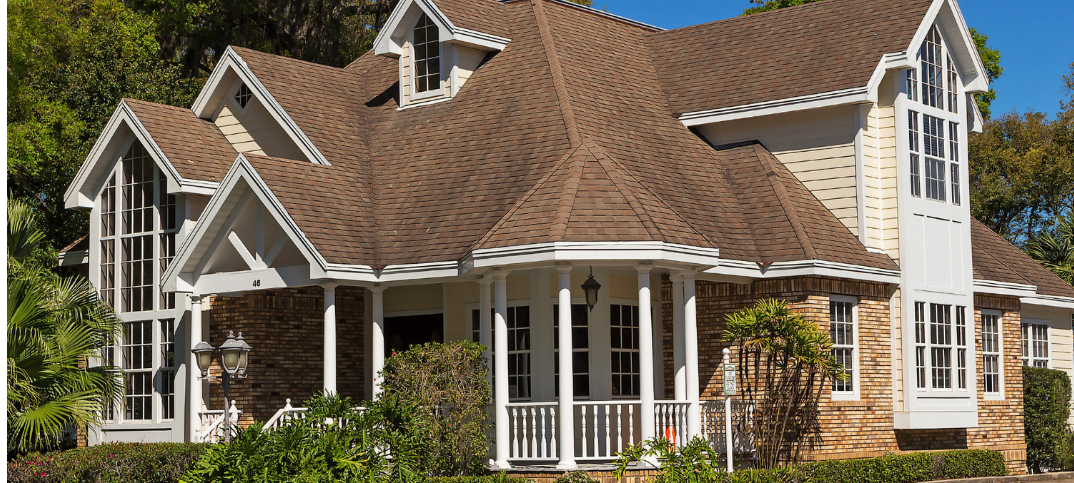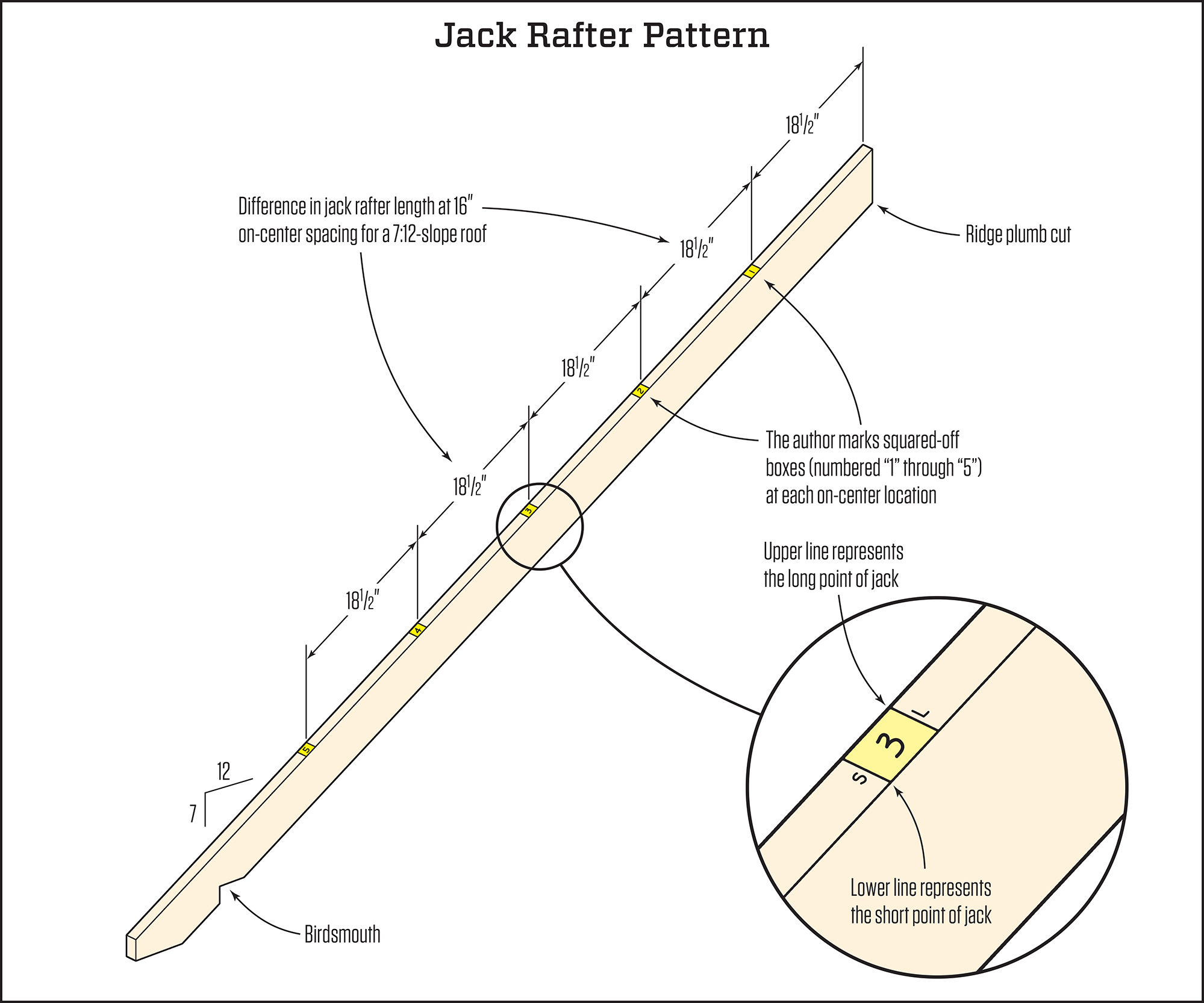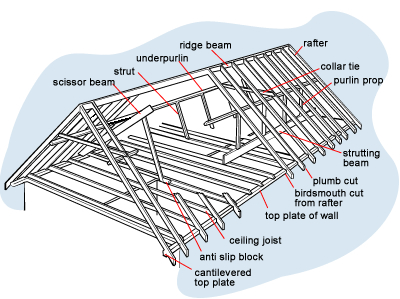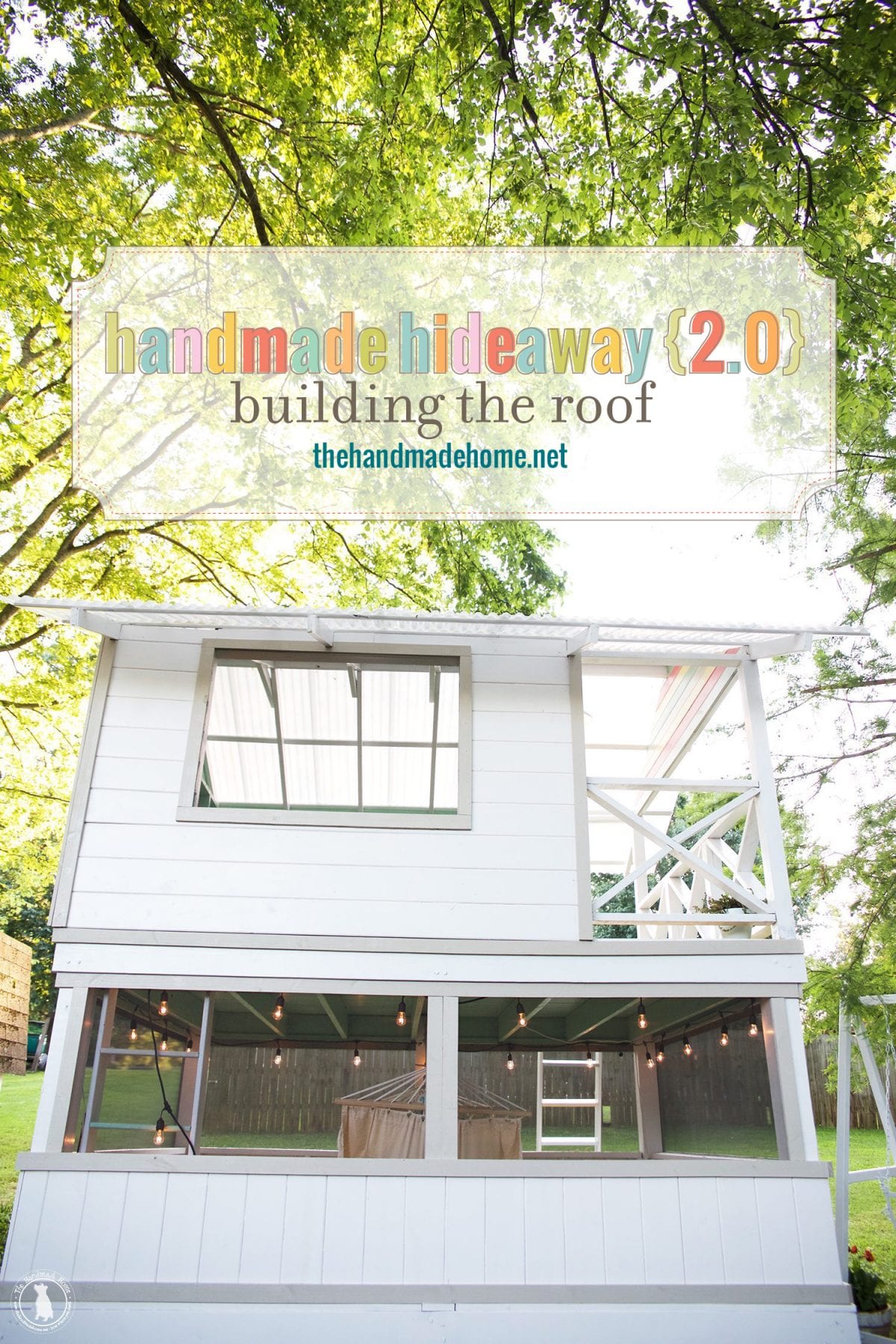In traditional house framing also called stick framing a basic roof frame consists of opposing pairs of sloping rafters that meet at their top ends at a ridge board or ridge beam.
Roof move roof ridge framing.
Ridge beam sits below the rafters.
Position a ridge board down in the saddles of the supports.
Ridge board v s beam.
Rip the ridge board to the correct width to meet the rafter widths at the ridge.
The top end of each rafter is cut at an angle so that it meets flush with one broadside of the ridge board and the ridge is sandwiched between the rafters.
You can possibly remove them altogether of you include posts in the gable walls to support a structural ridge.
From one end of the rafter material using a speed square or framing square mark an x in 12 angle on the rafter and cut it.
Roof framing rafter layout.
A structural ridge beam is a horizontal beam placed at the peak or ridge of a roof and is designed to carry much of the live and dead loads or weight of the roof structure by itself.
The point at which all the raftersare attached to.
Brace these supports in the centerline of the building.
A ridge board is a horizontal member of the roof frame.
This will the first point of the rafter measurement line.
Watch me stumble through framing up the ridge beam and rafters for the roof of the shed.
Ridge board ridge beam.
Measure down y height from the long point of the rafter cut and make a mark.
Rafter ties or ceiling joists acting as rafter ties are required by code unless the house is designed so that the walls or a structural ridge beam carries the full load of the roof.
Supported by lally columns.
Transfers the loadof the roof through the raftersto walls below.
In a hip roof with equal pitches the unit run of a hip or valley rafter is 17 inches for every 12 inches of run in the main roof.
This gives the angle of the hip rafter.
Definition of structural ridge or ridge beam used in roof framing.
Parts of a roof.
If you are framing a cathedral ceiling there are a couple ways to deal with the need for rafter ties.
Draw a diagonal line between 9 feet the run of the main roof on the tongue of the square and 7 feet 6 inches the secondary roof run on the blade.


